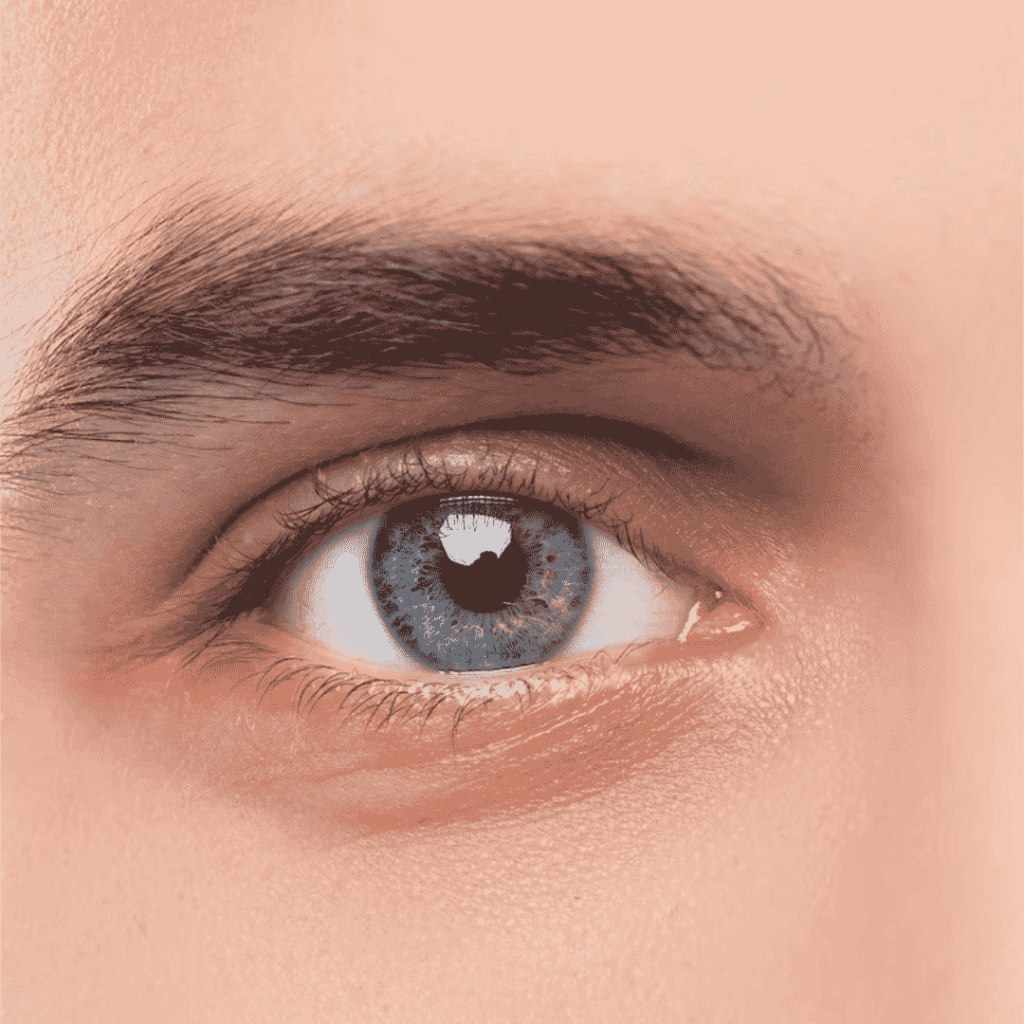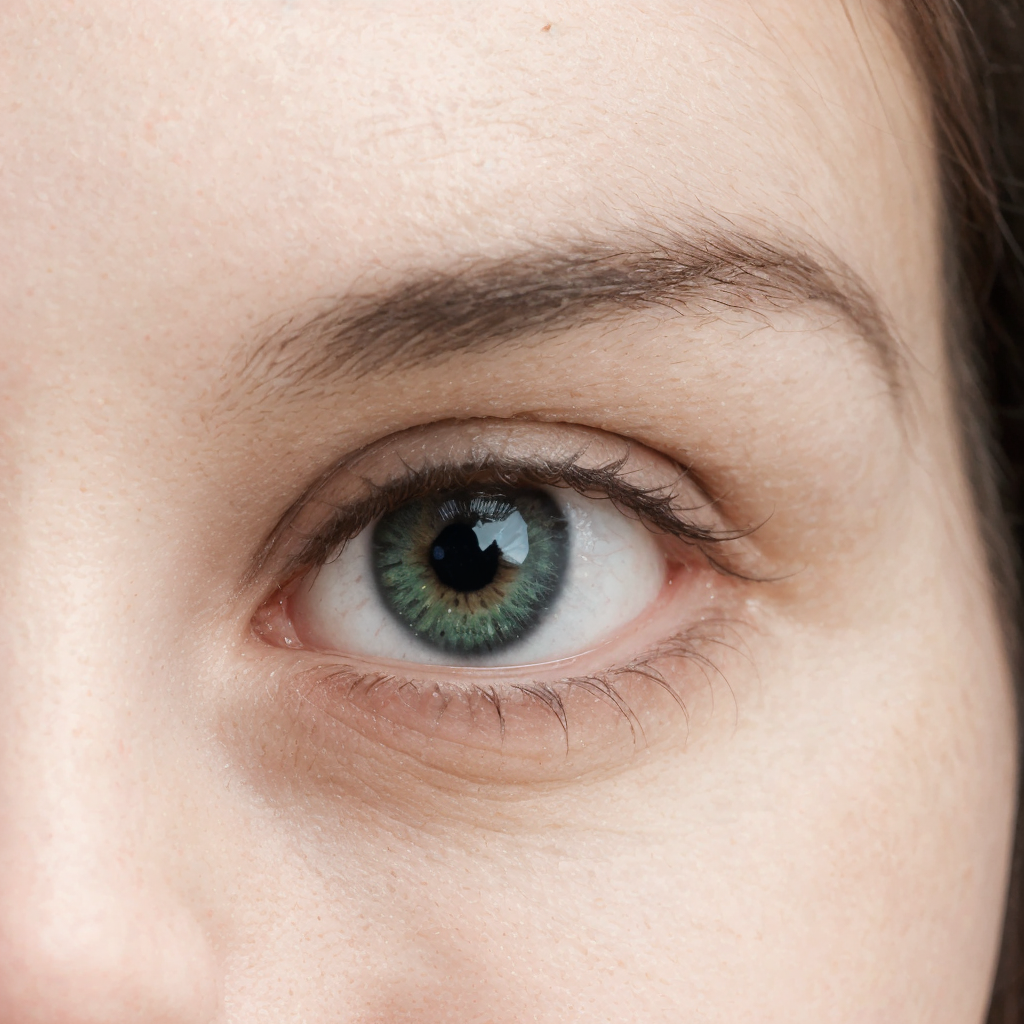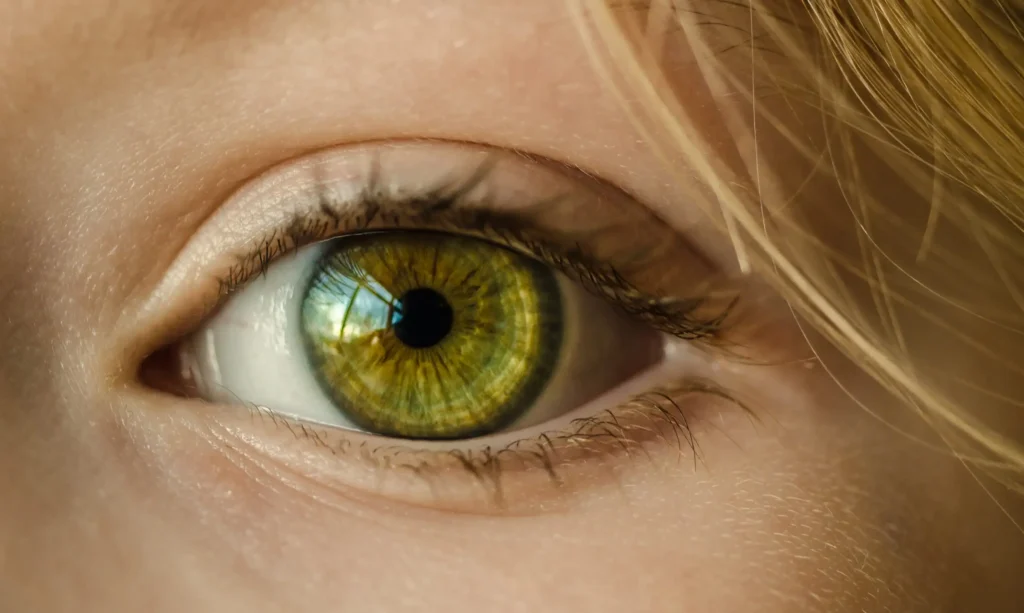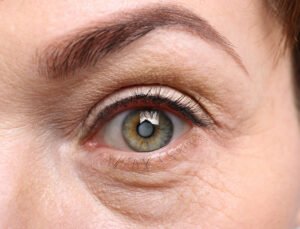
Squint Evaluation Treatment in Dhule
Get expert care for squint evaluation treatment and surgical correction at Shri Ramchandra Netralaya in Dhule, a leading facility known for effectively treating various cases of eye misalignment with outstanding results.
- Comprehensive Eye Care Services
- Experienced Eye Care Specialists
- Online Appointment Accessibility

Normal Eye

Squint Eye
What is Squint Evaluation Treatment ?
A squint, known as strabismus, occurs when the eyes don’t align properly, pointing in different directions. It’s often seen in young children but can affect people of any age.
One eye might turn inward, outward, upward, or downward, while the other eye stays focused ahead. This misalignment could be constant or intermittent. Corrective treatment is typically advised, as squints rarely improve without intervention and can lead to additional complications if not addressed early.
What Are the Signs of Squint?
-
Misaligned eyes
-
Head tilt or turn
-
Double vision
-
Closing one eye
-
Reduced depth perception
-
Frequent blinking or squinting
-
The presence of foreign bodies in the eye


Book Your Appointment at Shri Ramchandra Netralaya!
What Causes Squint?
-
Muscle imbalance: Uneven strength or coordination among the eye muscles can lead to misalignment.
-
Neurological issues: Problems in the brain or nerves that control eye movement can cause squint.
-
Genetic factors: A family history of strabismus increases the likelihood of developing it.
-
Refractive errors: Significant differences in vision between the eyes can lead to strabismus.
-
Eye injuries or trauma:Damage to the eyes or surrounding structures can affect alignment.
-
Illnesses or diseases: Conditions like diabetes or other systemic diseases can impact eye alignment.

How Is Squint Treated?
Squint Evaluation Treatment, also known as strabismus, varies based on the underlying cause, type, and severity of the condition. Common approaches to managing squint include the use of glasses or contact lenses. These corrective lenses can address refractive errors that contribute to the misalignment of the eyes. When refractive errors are the root cause, glasses or contacts can be highly effective.
Another method involves patching, where a patch is placed over the stronger eye to encourage the use of the weaker eye. This can help to improve alignment over time. Orthoptic exercises are another option, consisting of eye exercises designed to strengthen eye muscles and enhance coordination.
Medications can also play a role in treating squint. Eye drops or injections, such as botulinum toxin (Botox), can be used to temporarily weaken certain muscles, allowing for better alignment. squint evaluation treatment is typically used in specific cases where muscle imbalance is the cause of the squint.
Surgery Steps

Before & After Result




Instructions for Eye Patients After Squint Evaluation Treatment :
- Do not rub the treated eye.
- While bathing, pour water below the neck for four weeks, not on the head.
- Do not allow water to enter the eyes; wipe the face clean with a wet cloth.
- Do not sleep on the side of the treated eye for at least two weeks.
- Wear dark glasses for a month to avoid strong light and dust.
- With a clean soft cloth or handkerchief, gently dab the water coming from the eye only after it reaches the cheek, do not put pressure on the eye.
- If the eye becomes very painful or red, see a doctor immediately.
- Do not lift heavy objects or cough strenuously.
- Keep small children away to avoid accidental contact or injury while they play.
- Twice a day, soak cotton in hot water, squeeze it, and then clean the eyes from outside.
- Take your usual tablets for high blood pressure, diabetes, asthma, heart disease, and other conditions as prescribed.
- Take a light diet for 2 days after treatment, and avoid solid foods that are hard to chew.
- Patients can walk in the open environment but should avoid crowded places.
- Hands should be washed and wiped before instilling eye drops. Drops should be applied by gently pulling the lower eyelid.
- Apply the eye drops as directed and keep the eye closed for five minutes.
- Do not use a pin/ needle to open a new drop. It should be opened as directed, leaving a gap of 15 to 20 minutes between two drops.
- Avoid watching TV, reading, computer, and cooking for at least 8 days.
- Follow up as advised by the consultant.
- The glasses will be prescribed after a month.
- If the blood thinning pill is stopped before the operation, start it on the second day after the treatment.
Book Your Appointment Now!
Opening Hours
- Monday - 9:00 am - 9:00 pm
- Tuesday - 9:00 am - 9:00 pm
- Wednesday - 9:00 am - 9:00 pm
- Thursday - 9:00 am - 9:00 pm
- Friday - 9:00 am - 9:00 pm
- Saturday - 9:00 am - 9:00 pm
- Sunday - 9:00 am - 12:00 pm
